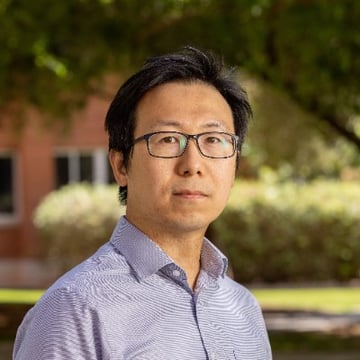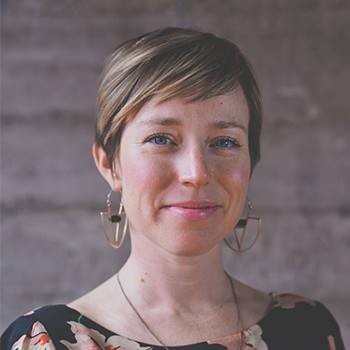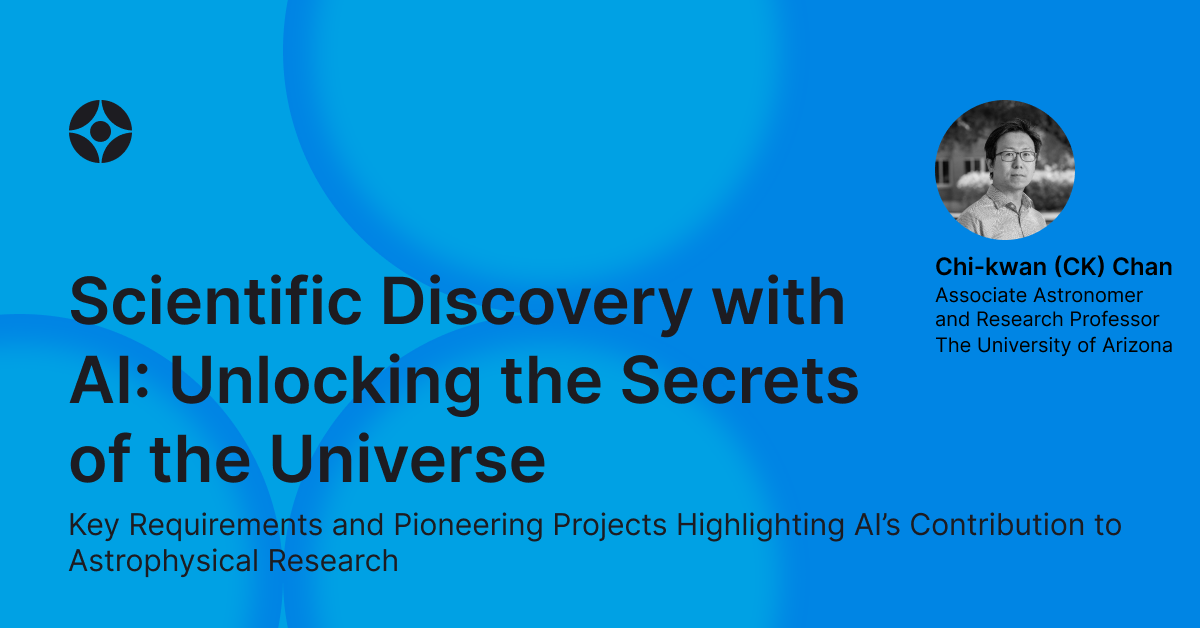
Hybrid Event: Scientific Discovery with AI: Unlocking the Secrets of the Universe
About the Talk:
The rapid advancement in AI has provided powerful new tools to accelerate scientific discovery. AI, however, is currently used predominantly for automation tasks such as image processing and data analysis. It has not yet achieved the ability to independently develop new scientific insights or identify new scientific hypotheses. Using the imaging of black holes as a case study, this talk will highlight the key requirements for AI to make meaningful contributions to astrophysical research. I will introduce several pioneering projects that are integrating AI into astrophysics, covering aspects such as instrumentation, simulations, data processing, and causal inference. Finally, I will discuss an innovative project aimed at enabling AI to gain scientific insights independently.
About the Speaker:
Chi-kwan Chan (CK) is an Associate Astronomer/Research Professor at Steward Observatory, University of Arizona, and has been serving as the Secretary of the Event Horizon Telescope (EHT) Science Council since 2020. He recently led the publication of the computational and theoretical modeling/interpretation of our black hole, Sgr A*. Professor Chan created EHT's computational and data processing infrastructure and continues to lead it to this day, along with EHT's Software and Data Compatibility Working Group. He is a Senior Investigator of Black Hole PIRE, a leader of the Theoretical Astrophysics Program TAP, a Data Science Fellow, and a member of the Applied Mathematics Program. In addition to pioneering the use of GPU to accelerate the modeling of black holes, Professor Chan also developed many new algorithms to improve and accelerate modern research, built cloud computing infrastructures for large observational data, and applied machine learning algorithms to speed up and automate data processing. Professor Chan has taught and mentored in subjects of machine learning, numerical analysis, cloud computing, and quantum computing, and is an avid hiker.
Speakers
Agenda
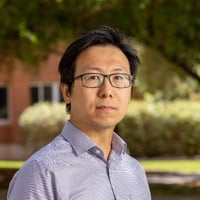

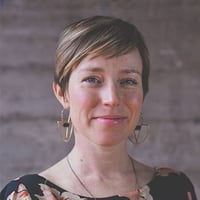
Attendees
















